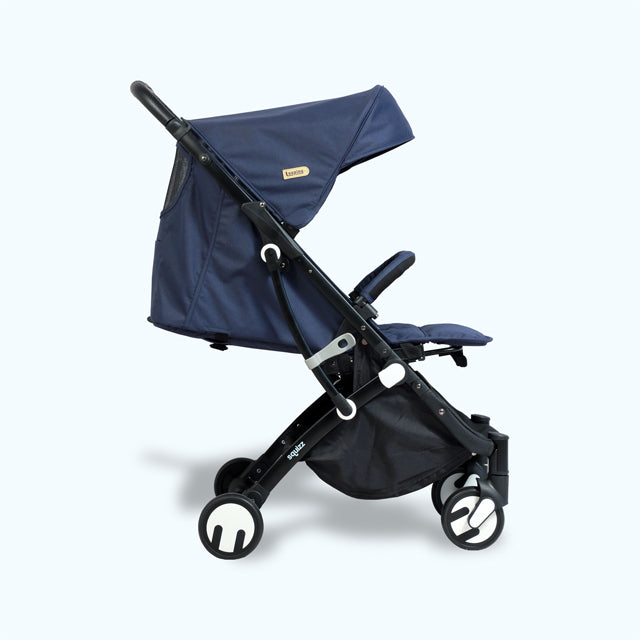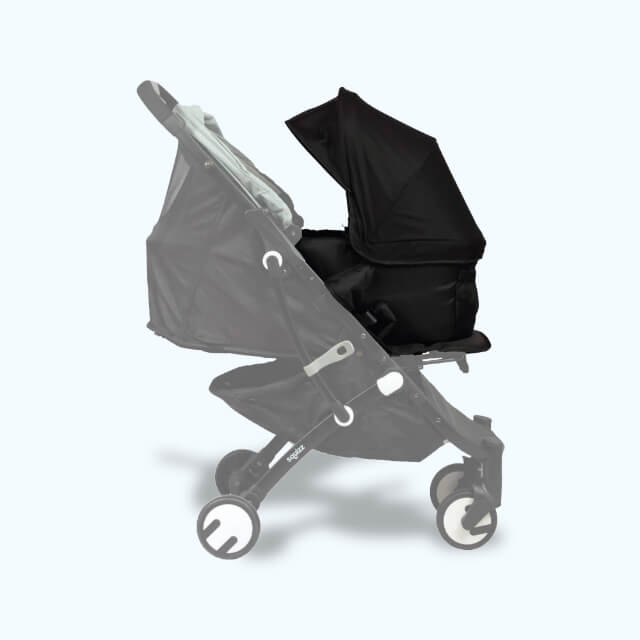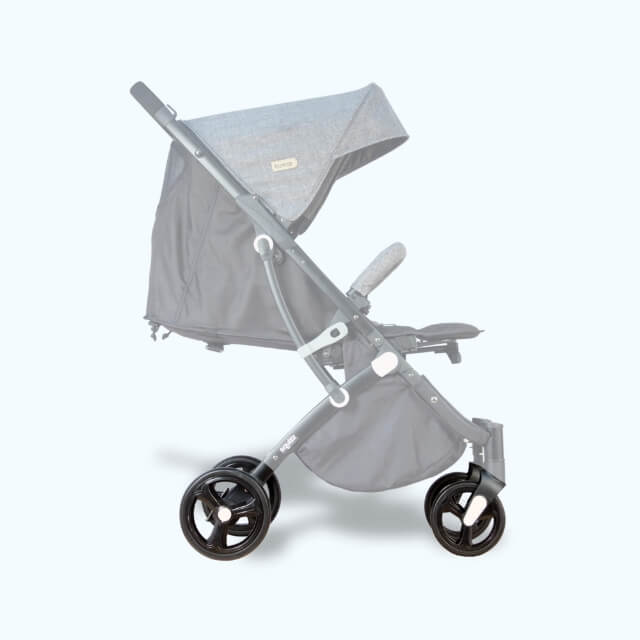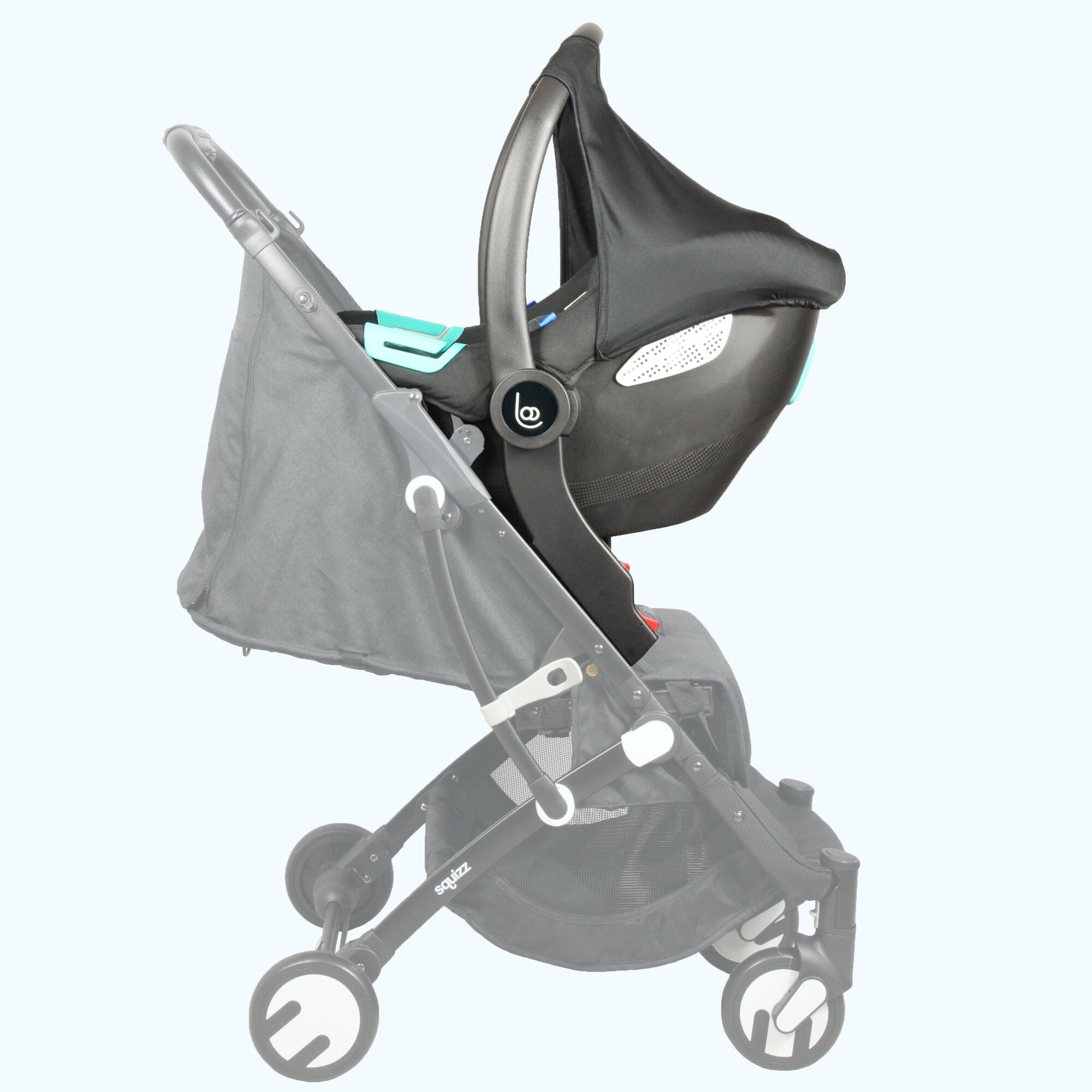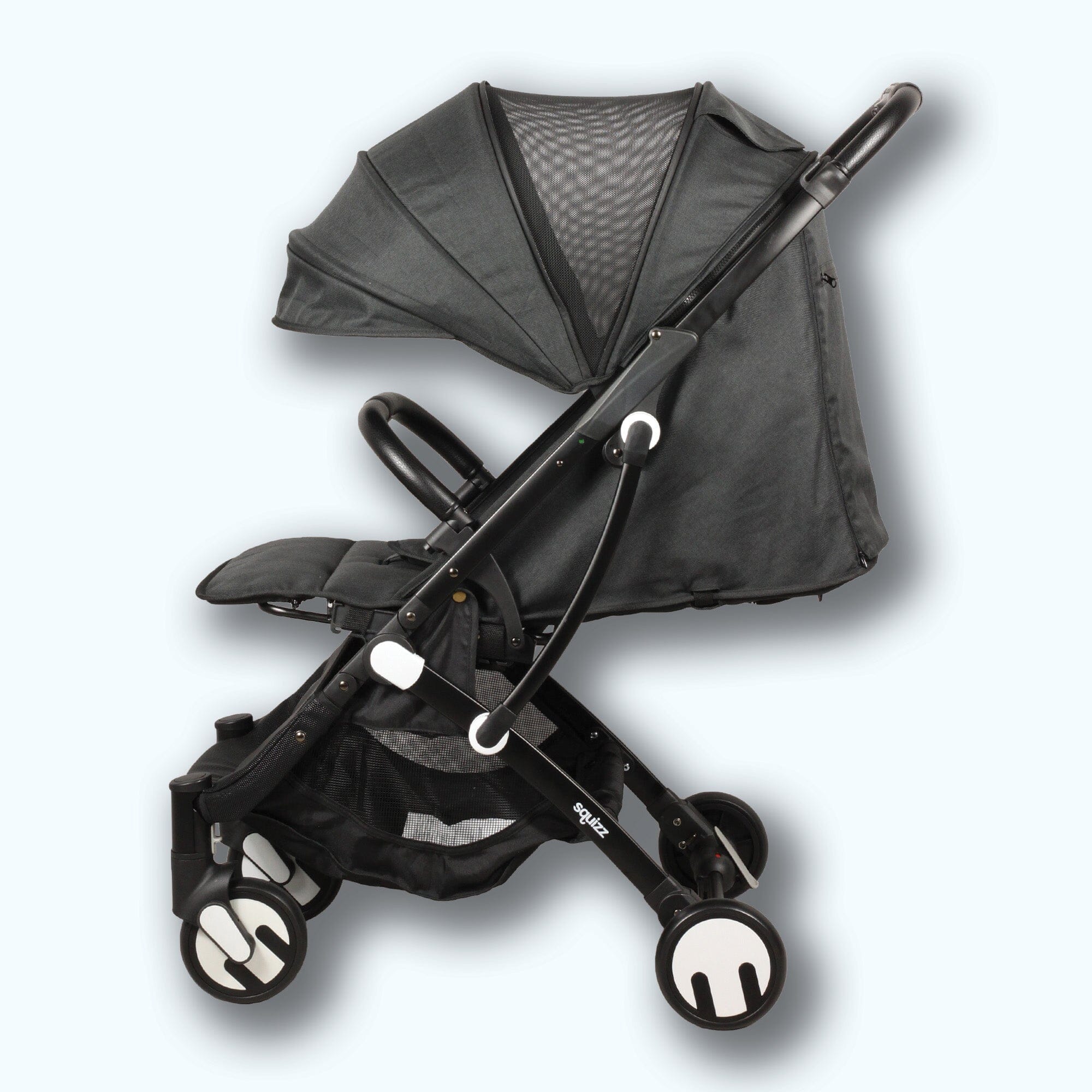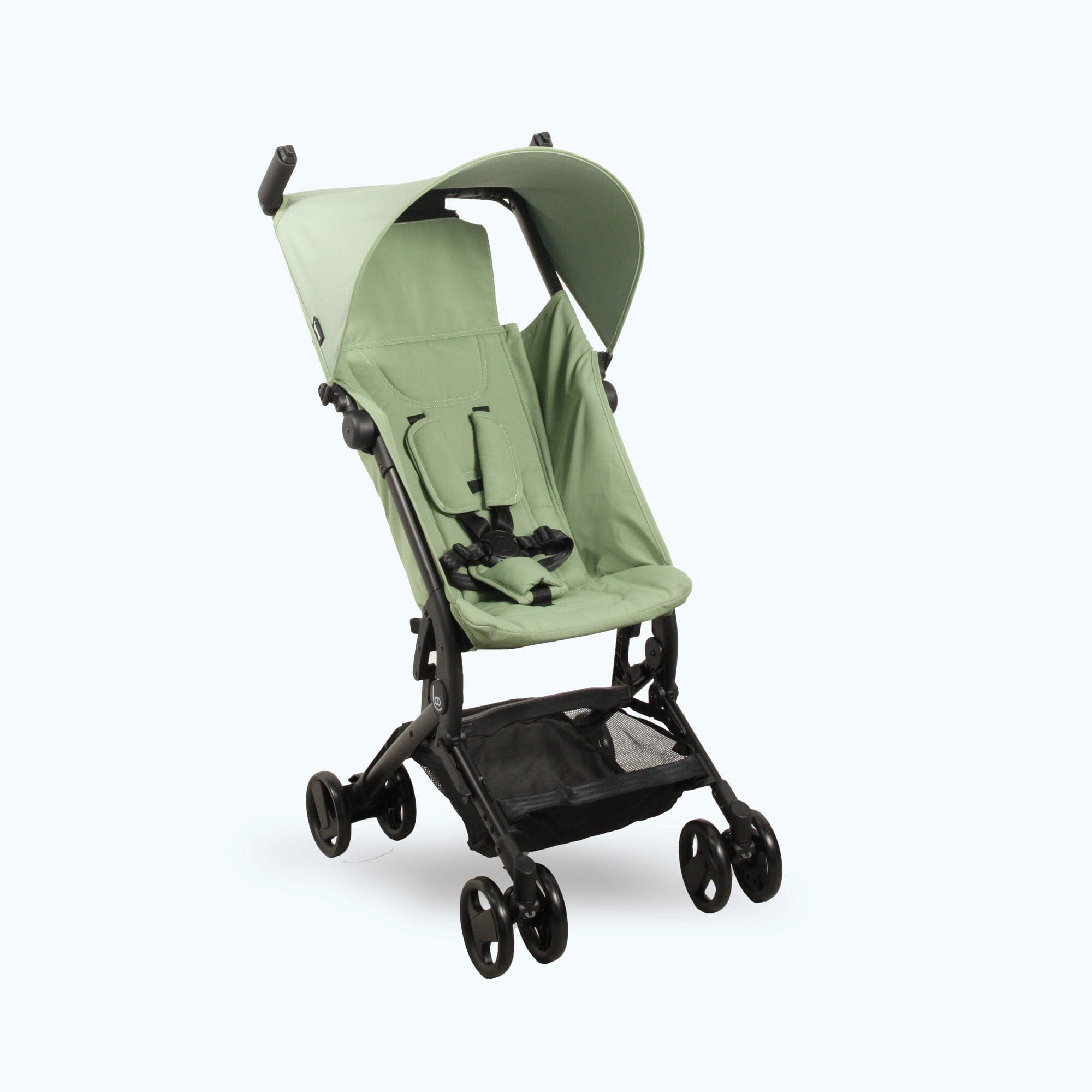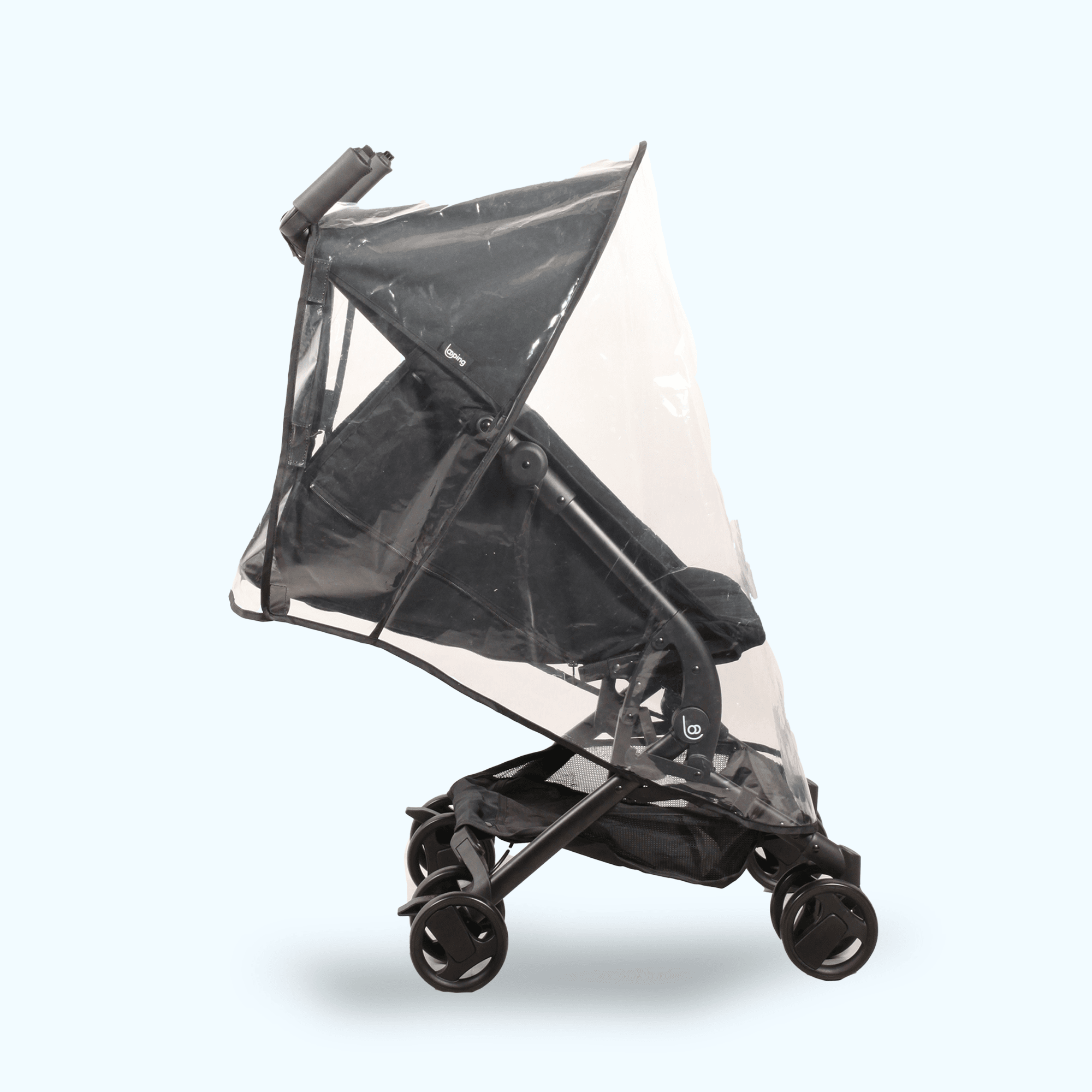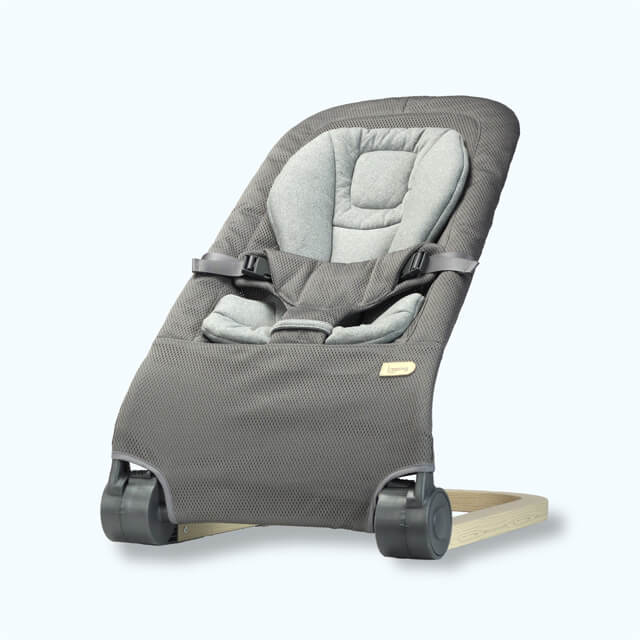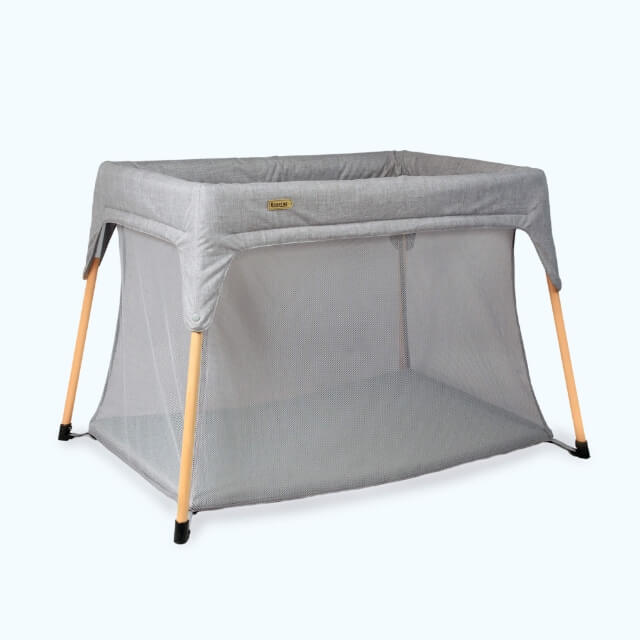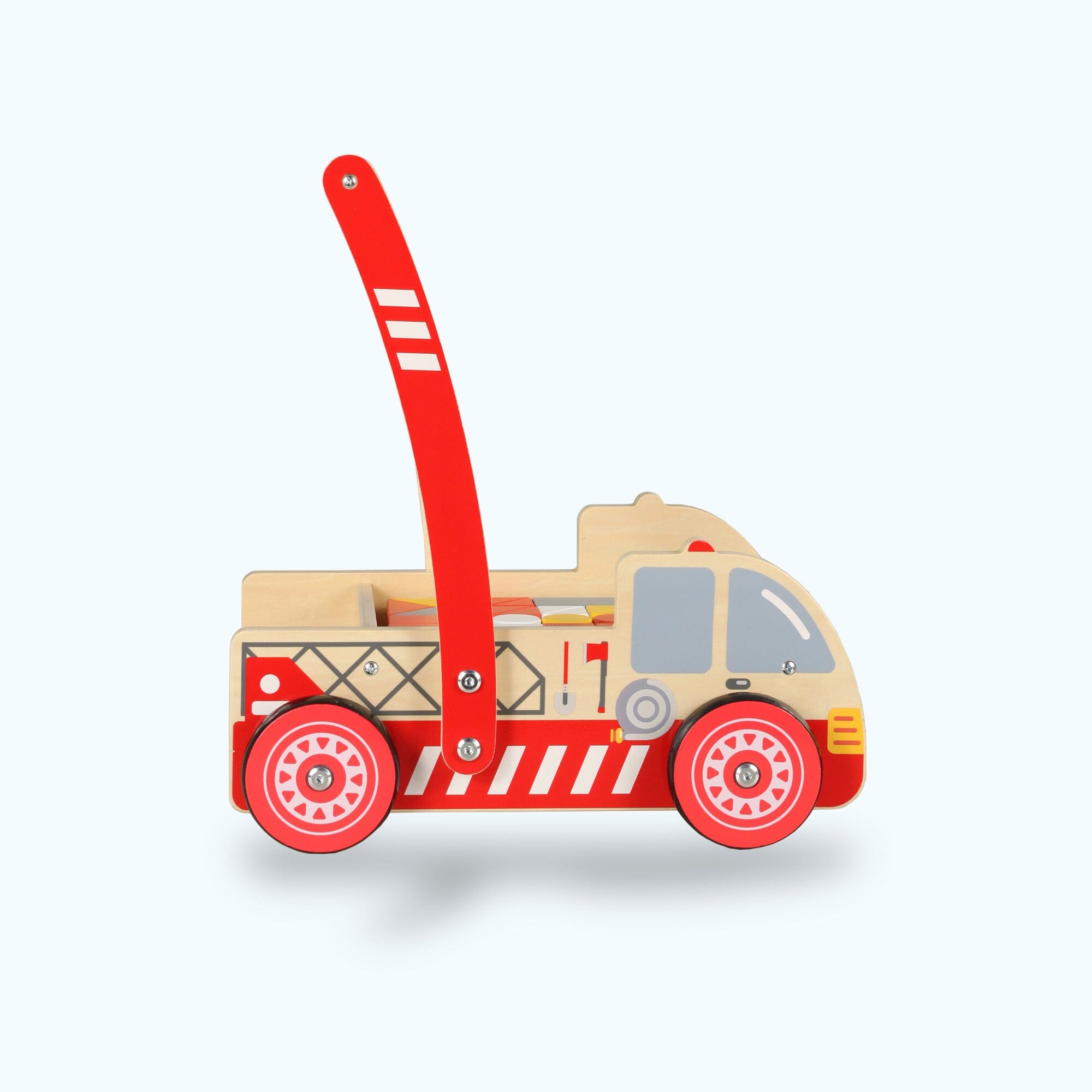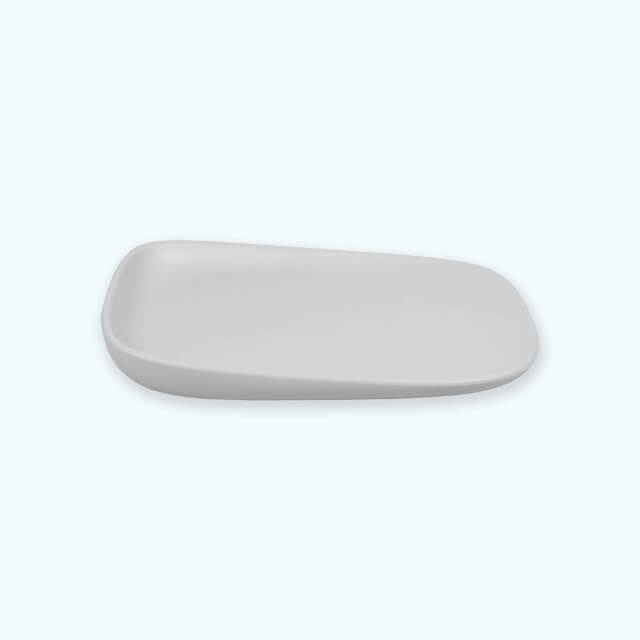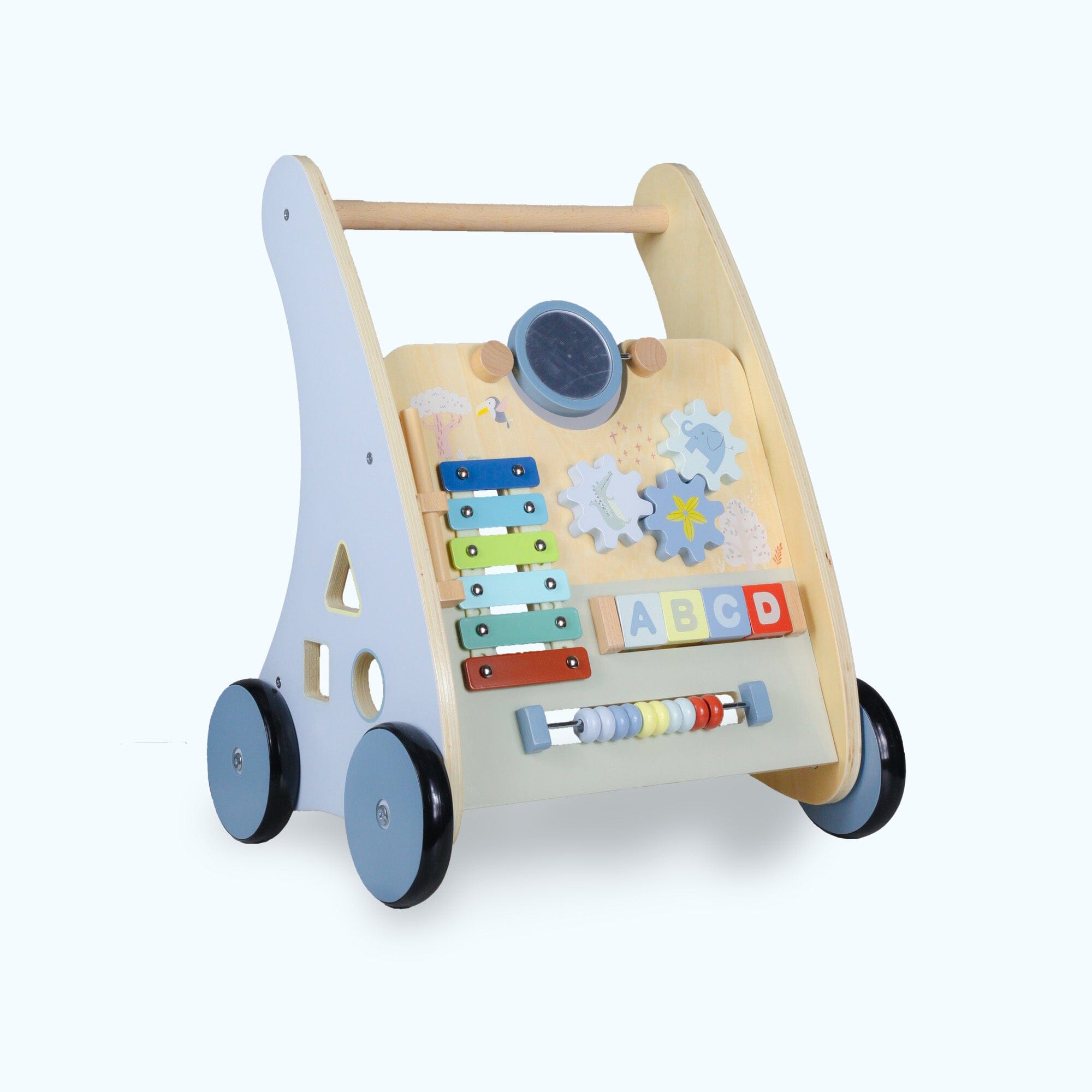After 40 weeks of pregnancy and long labor hours, you are officially a mom. Congratulation ! Now comes the transition from pregnancy to childbirth, which brings with it a variety of new symptoms and issues. We asked @Capucine_cine to illustrate our article by answering several short questions. She tells us about her postpartum period through a very interesting and enriching testimony.
Here's what you need to know about postpartum recovery.
How long does it take to recover after giving birth?
Regardless of how you gave birth, the first six weeks after giving birth are considered a “recovery” period. Even if your pregnancy wasn't stressful or you had the easiest birth in the world, your body has been through a lot, and the stress hasn't helped. You need a break, a breather.
Keep in mind that every new mom is different. They don't all recover at the same rate, and they will have different postpartum symptoms. The majority of them subside within a week, while others (chest, back and sometimes perineal pain) may persist for weeks or even months.
If you had a vaginal birth, you're probably also wondering how long it will take for the pain to go away. Recovery can take three weeks to six weeks or more if you had a perineal tear or an episiotomy.
1. Technical problems...
Vaginal bleeding after birth
After childbirth, it is normal to lose blood for a few weeks. This bleeding is called lochia or postnatal hemorrhage. They can last 4 to 8 weeks, depending on whether the mother is breastfeeding or not. Bleeding may be accompanied by blood clots. Panty liners are not suitable for collecting these early lochia. Instead, use special postpartum pads or baby diapers. Tampons aren't suitable either, and they can cause infections.
• After a few days, the quantity of lochia gradually decreases and these losses turn into a brownish liquid, which then turns yellow or white. In the meantime, red blood discharge can still occur, especially after breastfeeding or climbing stairs. They can also be accompanied by a few small clots.
Our little tips to help you feel better
The following tips can help speed up your postpartum recovery.
- The perineum.
The first few days after giving birth, your perineum may be sore and you may have difficulty contracting it. Sometimes you cannot control urine, stool or gas. In most cases, this state is transient. Remember to always keep your perineum clean. So, change sanitary napkins regularly. Choose a chamomile-based solution instead of vulva soap. It calms pain, disinfects, but also helps promote healing. After perineal tears/episiotomy, you will normally experience pain for the first three days, which then subsides. You can take painkillers on the advice of your doctor, but also use an ice pack. The skin of the perineum heals in six to ten days. Also favor positions lying on your side or on your back with your legs slightly elevated.
- Heal your C-section scar
Even if your scar is clearly visible at first: don't worry. It will fade over time. During your stay in the maternity ward, the hospital teams will take care of everything: scar care, clean dressings… It is when you get home that you will have to take care of the scar. The right reflexes to adopt are simple. Clean it with soap and water during your toilet at least once a day, and avoid baths before the end of the first month. Do not hesitate to take Arnica, analgesics, and homeopathic treatments. To promote healing, avoid exposure to the sun for at least the first year.
- Do Kegel exercises.
There's no better way to strengthen the perineum which supports the bladder, uterus, small intestine and rectum. They also increase blood circulation in the vagina and rectum. Mamifitness founder Rene Rodig recommends doing Kegels and other low-intensity exercises for the first 6 weeks after giving birth.
For slightly more intense physical exertion: If you have had a caesarean birth, exercising may not be possible for the first few weeks. If you gave birth vaginally, you won't be able to immediately return to your pre-pregnancy sports routine. You will need to consult to know when and how you can exercise; then maybe you can do more than you thought. However you gave birth, start by taking walks around your house and possibly around the neighborhood (stroller in tow)!
- Take care of your chest.
Breastfeeding is learned over time. You could face some inconveniences, and we want to give you all the keys to remedy them quickly and thus successfully complete your breastfeeding. For sore breasts, try using a warm compress or ice packs. Taking a warm bath or shower before breastfeeding can help ease the discomfort. Massage yourself if necessary. Continue to breastfeed normally to avoid a buildup of milk that could lead to mastitis (inflammation of the breast tissue). Also, be sure to wear a comfortable nursing bra. If you are breastfeeding, let your breasts air out after each breastfeeding session and apply lanolin cream to prevent or treat sore nipples.

While breastfeeding, you may also experience severe fatigue (especially during the first few weeks). Indeed, your baby's needs are frequent, while you are barely recovering from your delivery. So take time for yourself. Rest. Eat healthy, drink plenty, seek help as much as you can. Plus, breastfeeding while lying down will make it much easier for you to relax.
- Has a blister appeared on your nipple?
In the event that breastfeeding requests are frequent, it can lead to chafing or a blister on your breast, nipple or areola. This may be due to superficial latching. In this case, ask for a verification of your latch by a professional (breastfeeding specialist or lactation consultant). You can also take paracetamol and ibuprofen an hour before breastfeeding. It will ease the pain. Do not take aspirin.
- Keep your appointments with the doctor.
You can even see your obstetrician/gynecologist for an emotional check-up so you can get help adjusting to being a new mom. If you've had a C-section, be sure to schedule an appointment to have your stitches removed, as leaving them on too long can make scarring worse. And of course, let your doctor know if you have any symptoms that concern you, such as fever, pain, or tenderness around an incision.
- To relieve fatigue and fight constipation, eat well and healthily. Just like you did during pregnancy, aim to eat five small meals throughout the day instead of three large ones. Eat a combination of complex carbohydrates and proteins for energy, as well as lots of fiber (fruits, vegetables, rice, bread, pasta, lentils, flour, oats…). For more details on this, click here . Drink at least about eight glasses of water each day. And try to avoid alcohol and caffeine. These can affect your mood and keep you up at night (which is hard enough with a newborn at home!)
Despite all these possible symptoms, however, we should not be alarmed. Many women do not present any particular problems. For example, @Capucine_cine tells us about her postpartum, which went pretty well at that level.
“ I think my postpartum period has been facilitated because I had a vaginal delivery which went wonderfully, without pain, without any complications, without surgery. Suddenly, I had no difficulty in moving and I was good in my body. Breastfeeding was also very quickly and easily set up so there was no stress in terms of baby's weight gain.“
2. Organization after childbirth.
After childbirth, the days follow one another. Time passes quickly, and between the baby's crying, breastfeeding if you practice it, fatigue and company, it's hard to find your way around! Here are our valuable tips in this time of "crisis".
- Prepare for postpartum BEFORE giving birth.
Save time, gain peace of mind. For example, you will have to buy the necessary items for your baby and also organize his room during your pregnancy so that when you return from childbirth, everything is ready: the decoration of the room, the bodysuits, pajamas, diapers. ...
"The situation was a bit 'special' for us." Capucine explains to us. “(...) our house was still under construction when our daughter was born, so for more comfort (and cleanliness) we moved into the house of my companion's grandparents (they were on vacation at the abroad for a long time). We moved there 10 days before Victoria was born and stayed there for the first 15 days of her life. We were comfortably settled and had brought all the necessary equipment (folding changing table, co-sleeping cradle, deckchair, small bathtub, etc.). Then our house was ready to welcome us in good conditions so we moved in.”
In terms of food, it is best to fill the freezer before your delivery with ready meals (either store bought or prepared by yourself). Even if it seems like a detail, believe me, you will surely be happy not to have to think about the menu every day! “We had anticipated by preparing a lot of meals before the birth and freezing them (couscous, bolognese, blanquette, ratatouille, etc.) very practical!” Keep going Nasturtium.

- Get help from your family or trusted friends.
Even if for some families it goes without saying, take advantage of paternity leave as much as you can. In addition to allowing the dad to take full advantage of his recently born baby, it will give him the opportunity to help you with the tasks, and therefore lighten your schedule as a new mother. He will be able to go do some shopping, take care of the household, or even manage the brothers and sisters if there are any. If your mate can't free himself, don't neglect your family. In most cases, your mum, dad, brothers and sisters or friends will be happy to come and lend a hand by bringing you, for example, small dishes, a few groceries, or even quite simply to come s take care of and enjoy the newborn. This may allow you to take some time for yourself. Do not overload yourself with visits, you can for example limit to one per day at the beginning to give yourself time to breathe and organize yourself.
@Capucine_cine tells us about his experience in this regard. “I am lucky to have a companion who is very involved with our daughter, he helped me a lot in this new role that we were discovering together and was very willing to take care of our baby (he gave the baths, changed the baby at night so that I could rest more etc…)
On the other hand, being a business manager, he did not take paternity leave and was therefore absent several hours a day to go to work and also supervise the completion of the work on our house. I was therefore alone most of the time during the day and I had a lot of trouble freeing myself up for a little time. It was not uncommon that at 3:00 p.m. I realized that I was still in my pajamas, my teeth not brushed, my hair disheveled and only coffee in my stomach. It brought me a few tears, as I felt a bit overwhelmed at times. Seeing the dishes piling up in the sink, the dirty laundry lying around in the bathroom, the overflowing diaper bin can make the organized girl that I am a little panicky…! However, it was not for lack of having read heaps of articles which almost all said the same thing: "the first month we merge with the baby, we delegate, we don't worry about household chores, we rest, we take a nap with baby, we don't stress, we ask for help if needed...
My daughter had a very strong need to be breastfed and therefore she breastfed very often. After 10 days I started to be more sensitive and have chest pains, so my partner went to the pharmacy to get a breast pump. He was able to take over and give one or two bottles during the day (and I was able to take a shower for more than 10 minutes in peace)! My sister regularly brought me hygiene products (for me, to wash and change babies, nappies, etc.) I ordered her and a few hours later she was there with everything I needed. She was also a great support, we talked a lot about the doubts I had, the way to do things, to apprehend things… She stayed with me and the baby for entire afternoons. It was very comforting. My Mother-in-Law very often brought us good little dishes which delighted us and greatly relieved us, because it turns out to be quite difficult to cook a good meal with a baby in her arms… She also came by to see if I needed anything whatever and answered my questions as a “young mother” when I had doubts.”
- Optimize your birth gifts!
We often wonder what to ask for as a birth gift. Well we have the solution. Why not ask for cleaning hours or night watch? You will see that this type of gift is much more useful than you think. This can help you get a little more sleep, reduce your stress, and even prevent a few bouts of crying from fatigue.
- For post-delivery support...
❖ A liberal midwife : some post-natal sessions are reimbursed by the Health Insurance. This follow-up by a midwife at home thus makes it possible to answer the questions you may have: episiotomy, breastfeeding, contraception, baby blues, urinary disorders... The opportunity to take stock after the baby's birth and ask him help when needed. In particular, she can help you give the bath at the beginning, or check the care of the umbilical cord for the first few days.
❖ The PMI : The Maternal and Child Protection Centers are public health services where you can go during pregnancy and until your child is 6 years old to receive advice and medical care.
❖ A pediatrician , also competent to answer questions about baby's behavior
❖ The Allo Parents Bébé thread : a toll-free number set up by Enfance et Partage, which you can call free of charge and anonymously for any question relating to your baby.
- Take care of yourself, and sleep as soon as possible.
Most moms do some household chores while baby sleeps. For us, the best attitude to adopt is to sleep at the same time as the baby. Take this opportunity to rest, and thus be in good shape while the latter is awake. It is well known that the micro-nap is very beneficial. It improves learning, memory, reduces stress, boosts mood, helps increase productivity and even helps reduce the risk of heart disease. 20 to 30 minutes a day is enough!
Last little thing to know: The baby blues and postpartum depression.
- The baby blues : Mood swings after the birth of a baby are not uncommon. Although the "baby blues" is the mildest form of postpartum depression, it's important not to ignore the changes happening in your body. Many women feel guilty about feeling bad after such an event and therefore do not talk about it. But talking about those emotions, changes, and challenges is one of the best ways to deal with the baby blues. About 70-80% of all new mothers experience negative feelings or mood swings after the birth of their child. Often the symptoms of baby blues come on strongly within four to five days of the baby's birth, although depending on how the baby's birth went, they may be noticeable sooner.
Symptoms of baby blues include crying for no apparent reason, impatience, irritability, restlessness, anxiety, fatigue, insomnia (even when the baby is sleeping), sadness, mood changes , low concentration.
The exact cause of "baby blues" is unknown. It is believed to be linked to hormonal changes that occur during pregnancy and again after the birth of a baby. These hormonal changes can produce chemical changes in the brain that lead to depression. Additionally, the degree of adjustment that occurs after the birth of a baby, as well as sleep disturbances, disruption of "routine" and the emotions associated with childbirth can all contribute to how a new mom feels. Symptoms of the "baby blues" normally last for a few minutes or hours each day. These symptoms should lessen and disappear within fourteen days of delivery.

- Postpartum depression : some new moms experience a more serious and longer-lasting form of depression than the baby blues. It is known as postpartum depression. Rarely, an extreme mood disorder called postpartum psychosis can also develop after childbirth. Postpartum depression is not a character flaw or weakness. Sometimes it's just a complication of childbirth. If you have postpartum depression, prompt treatment can help you manage your symptoms and bond with your baby.
Postpartum depression can be mistaken for the baby blues at first - but the signs and symptoms are more intense and last longer. They may possibly interfere with your ability to care for your baby and handle other daily tasks. Symptoms usually appear within the first few weeks after giving birth, but can occur earlier in pregnancy or later, up to a year after birth.
Signs and symptoms of postpartum depression can include many symptoms:
- Depressed mood or severe mood swings
- Excessive crying
- Difficulty bonding with your baby
- Isolation (from family/friends)
- Loss of appetite / excessive increase in appetite
- Inability to sleep (insomnia) / excessive sleep (overwhelming fatigue)
- Loss of energy
- Reduced interest and pleasure in activities you used to enjoy
- Irritability, intense anger
- Fear of not being a good mother
- Hopelessness, feelings of worthlessness, shame, or guilt
- Reduced ability to concentrate or make decisions
- Hustle
- Severe anxiety
- Panic attacks
- Thoughts of harming yourself or your baby
- Recurrent thoughts of death or suicide.
Untreated, postpartum depression can last for several months or even longer. However, don't worry, cases of postpartum depression remain infrequent. Studies report that postpartum depression (major depression) affects about 7% of mothers during the first three months after childbirth. However, it can affect up to 19% of women in the case of mild depression. If it is not necessarily depression, some moments of postpartum can sometimes be difficult. @Capucine_cine explains to us what was the most painful for her.
“I think the most “complicated” thing for us was not being in our house, although we were very well settled. We had less of our bearings, I didn't have all my things to hand, not all my kitchen utensils, not necessarily a place to store all the baby's things, etc. Nothing serious or very important, but being in his own little cocoon is, I think, more pleasant. And then, after 15 days, everything had to be moved and set up again, it was not a cakewalk because I was quite tired from the broken nights and Victoria was a baby with intense needs (baby anxious and stressed, need to be carried constantly, feedings very close together, etc.)
What was the most difficult psychologically was not having my mom with me. She died of cancer during my pregnancy and I would have liked to have had her advice, her presence, her support, we all need her Mom at such times.
But in general I think I was very lucky, I was very well surrounded and advised, I never felt helpless in front of my daughter or helpless and that in large part thanks to my companion and my relatives ( friends/family) whom I thank very much. And in addition, I renew the adventure, I am currently 5 months pregnant :)”

We wish him much happiness!
To better understand your childbirth, do not hesitate to take a look at our previous article , it will help you make the best possible decisions.
Thank you for your attention.
Louisa
